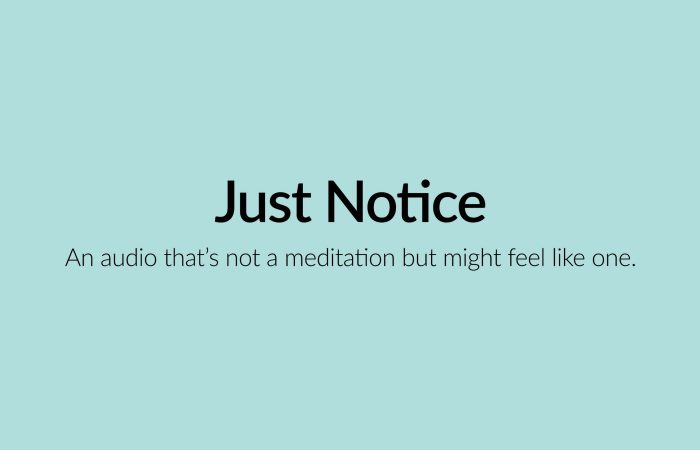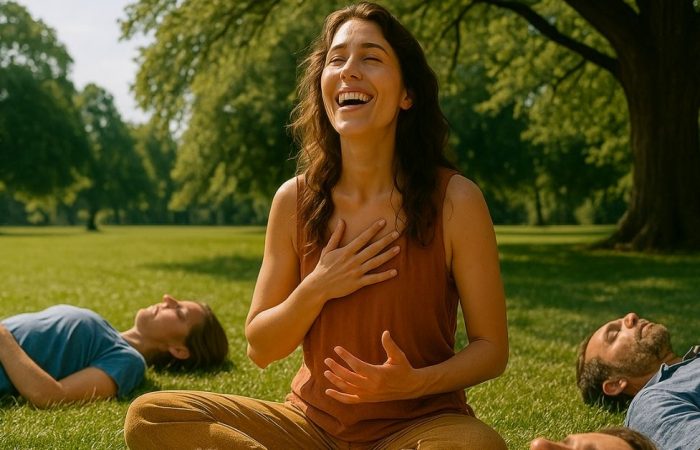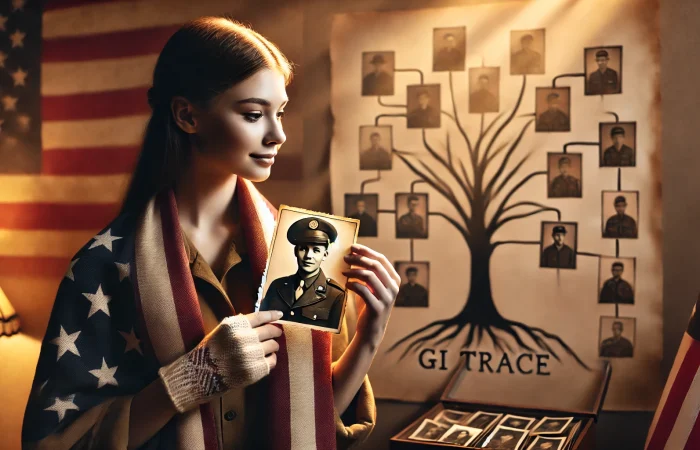Last weekend Sim and I went to a funeral for a lovely 67-year-old man – it was also his birthday that day – who was a valued member of the congregation at my parent’s church. Grant Allely Wickman had cerebral palsy and was in a wheelchair his whole life, with his arms hooked over the back so he wouldn’t fall off.
The celebration of his life was very heartwarming, life-affirming and emotional which, although we didn’t know him well, moved us deeply for many reasons.
One was because of the warmth and love shown by his family left behind. His 61-year-old brother could barely get through the eulogy without breaking down and it was apparent it was not only from the loss but instead a deep love for his brother who they accepted fully and wholeheartedly in their family since birth.
Lance Wickman said of his brother, Grant: ‘He was the most courageous man I have ever known, and achieved many things that most of us have not. For a man with such a humble and simple life, he touched so many people and taught them about patience, to be caring, to be understanding and to love unconditionally.
The greatest gift he gave me was to be grateful. Whenever I thought I was having a bad day, I would think of Grant’.
It was a lesson in inclusion, in pushing and protecting the vulnerable but more pushing than protecting, and never accepting limitations on what was possible. Grant achieved more than many able-bodied people. It moved Sim and I for the parallels to our personal situation which resonate, but also for everyone in general.
We, as able-bodied people, can do anything, be anything. Yet at times it’s easy to forget. Take it for granted. There is so much said of ‘gratitude’ these days and the science behind why it’s important. Gratitude diaries are now a ‘thing’ which can be bought at any local shopping mall, not just the realm of self-help books.
I’m all for it. We are blessed daily for every chance we have, everything we do, all that we are. Let’s thank our bodies for their awesome effort, every day.
Many of us talk about writing a book but don’t do it. Grant, with all his challenges, did write and publish a book about his life, called The Nonperson. He discussed his treatment from other people, how he’s not invisible, and how he’d like to be treated. Many people assumed that his physical disability came with an intellectual handicap. It did not.
He typed his book with a headpiece and shared his wisdom: ‘Treat each disabled person as an individual, someone who is unique, a gift from God. There are no two people who are the same in the world; this applies to disabled people also. They may look the same on the outside, but they are unique in every way once you get to know them, and that takes time’.
Coincidentally or divine intervention – depending on your thinking – two weeks ago in that church, while we were away in Italy (for Katherine Paterson’s incredible wedding) my Mum and Dad asked our just-turned-13 daughter, Olivia, to share her review of the book with the congregation.
Olivia was very touched by Grant’s experiences and talked about how awesome Grant was, sharing some of his inspiring stories, and her observation that we can be prejudiced against those we perceive as lesser than us but all of us are precious. We all need to be encouraged to do what we love, and we can all add value to our world.
Olivia spoke with no notes and with passion. This happened to be Grant’s last Sunday at church before he died. The minister mentioned it in the funeral service because everyone was touched that it can’t have been a coincidence; they felt it was God’s work that she led the congregation in honoring Grant’s life and experiences, with Grant there listening, being appreciated and acknowledged by his community.
And two weeks later we were doing it without him.
You never know when you’ll make a difference to someone else.
Finally, Grant also said in his book, ‘Stop a minute! And just think – how much are you getting out of life? You see, sitting here in my wheelchair I often get puzzled at why ordinary, healthy people don’t do more adventurous things. Many of my handicapped friends have to plot and scheme and bully and badger people, for years in order to do something that is only slightly unusual.
Whereas you have most of the world accessible to you, and yet are content to sit at home and stare at the box (or devices) each evening’.
Thanks, Grant. For reminding us how lucky we are, how precious our bodies are, and how priceless life is.
Carpe diem!
Geoff
Shine On

Just Notice













